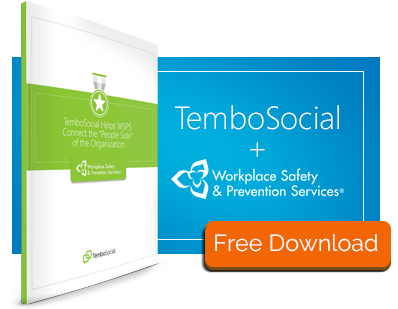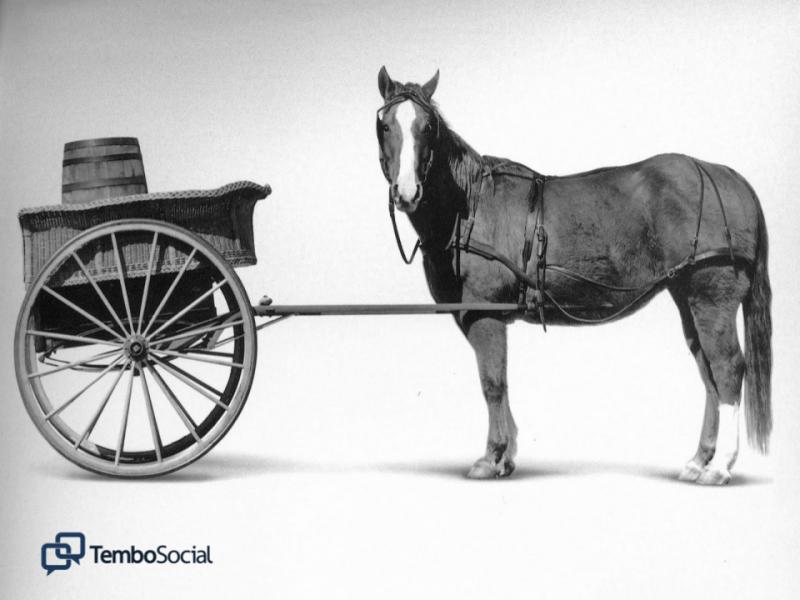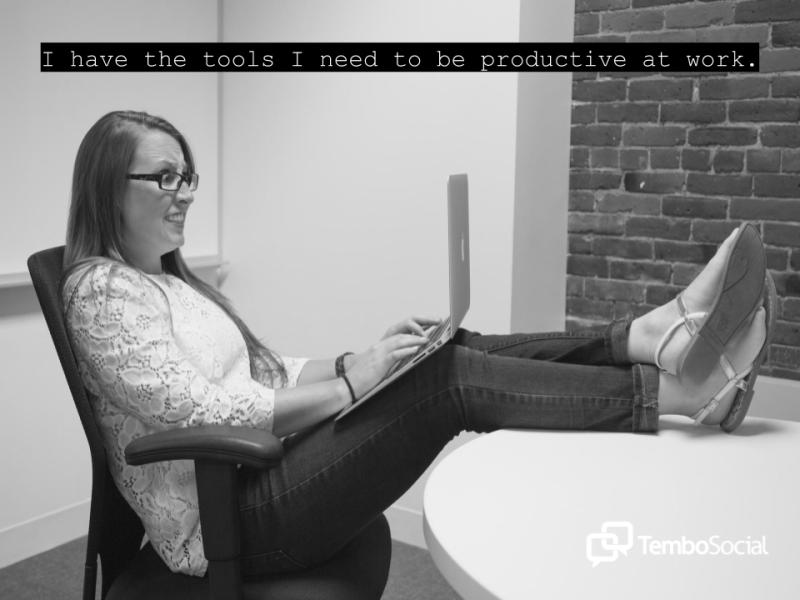 There have been a few studies making the rounds over the years that suggest too much praise can be harmful to children. Most of this research centers on early childhood development but it got me wondering if there are any lessons here to be learned in the working world?
There have been a few studies making the rounds over the years that suggest too much praise can be harmful to children. Most of this research centers on early childhood development but it got me wondering if there are any lessons here to be learned in the working world?
There is plenty of evidence that praise from peers and managers can turbocharge engagement in the workplace. I’ve also cautioned that carpet-bombing employees with praise can backfire. In order to be effective, your recognition efforts must be sincere and meaningful.
One of the things that stands out to me from the early childhood research is that praise seems to be most effective when it focuses on the process rather than the person. “Wow, you really put a lot of effort into that presentation,” recognizes a person’s intentions and accomplishments. This kind of praise communicates to people that their hard work was noticed.
Focusing praise instead on the person - for instance saying “you’re a good presenter,” doesn’t really recognize a person’s effort or motivation. This type of praise tends to suggest to people that their efforts don’t necessarily matter as much as natural ability. This sends the signal that they are naturally good no matter how much or how little effort went into the project.
Three common employee recognition mistakes to avoid:
- Trying to use praise to “fix” poor performance can breed resentment and de-motivation. Be candid when an employee isn’t meeting expectations so that your praise is meaningful when he does hit the mark.
- Recognizing only success.
 Employees who are praised for good decision-making turn out to be more likely to make bad decisions. Be mindful to also recognize employees for how they recover from missteps.
Employees who are praised for good decision-making turn out to be more likely to make bad decisions. Be mindful to also recognize employees for how they recover from missteps. - Using praise only to get results. Praise, when it appears to the “praisee” as a means to an end, can feel like a form of control. Here I like to make the distinction that recognition and acknowledgement can be more effective than a gold star or verbal reward.








